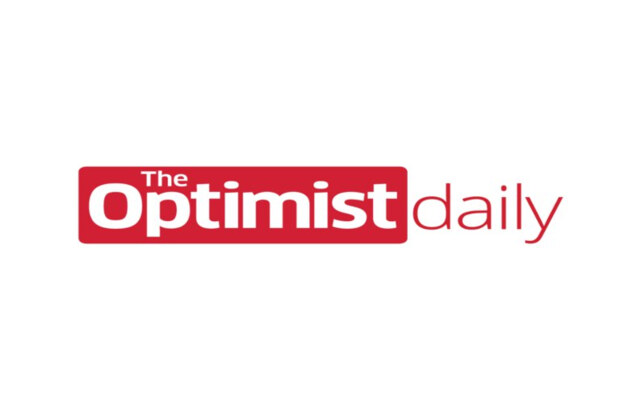Waiting in a coffee shop for Nicolas Hazard I see him approach the front door, passing a few homeless people on the way in—the very individuals Hazard is going to help. Hazard is the president of the newly formed CALSO, a social enterprise that tackles healthcare issues through job creation. Seem like two unrelated areas? You’d be surprised.
Healthcare and job creation are so interconnected it’s almost shocking. In Europe a model of job creation was set up and they tracked how much money was saved in government healthcare costs compared to how much was spent on creating jobs. They found that the community saved 2.5 Euros in healthcare costs for every 1 Euro invested job creation.
Now Hazard is working on taking this healthcare approach stateside and is setting up shop in San Francisco, a city with more than 6,000 homeless that could really use his help.
The Intelligent Optimist: What is CALSO trying to do?
Nicolas Hazard: “The problem is that when it comes to tackling social issues, the business model becomes really local, and there’s no communication. When it comes to social innovation there is no global community to work for change, that is a problem. What we want to do is to is bring the best models for social change that exist throughout the world and say “lets work on that,” let’s see how we can take these models and adapt them so solutions in France are applicable to problems in San Francisco.”
TIO: How does CALSO work?
NH: “CALSO would like to develop a model of work integration social enterprise. Basically we create companies, 5-10 different companies, where we can train and hire unemployed people for two years, we guarantee them two years of employment. The employees will be paid to produce goods and services, which will be sold, so the model is self-sustainable. After two years we tell them ‘OK now you can find a job in the real world because you have experience and there will be people who want to hire you.’”
TIO: And that model has been successful in Europe?
NH: “That model has been very successful in Europe. Our success rate with this model in Europe is around 85 percent. Meaning people who two years before were considered totally unemployable—the national job administration said to them that they would never find a job—85 percent of these people after two years reintegrate into society and have a normal life.”
TIO: How is job creation measurably related to health?
NH: “We have a metric for the European health system that for every 1 Euro invested in job creation the community saves 2.5 Euros. A part of that money saved is because they no longer receive subsidies, but secondarily is that they have fewer health issues. In Europe we have the equivalent of Obamacare, but when people work they then have company insurance instead of government insurance.”
TIO: There are so many reasons to create jobs, why create jobs with the purpose of healthcare in mind?
NH: “What’s really key is usually when you speak about unemployment it’s a chicken and egg problem. Unemployment is not only a question of jobs and job creation, but it’s linked to other issues. Unemployment is more related to housing issues, sometime substance abuse, health issues, and so on rather than being related to people just not wanting to work. So if you want to find ways to empower these people with the right resources so they can benefit their community, you need to work on the whole galaxy of the issues that surround unemployment, a key issue being healthcare.”










